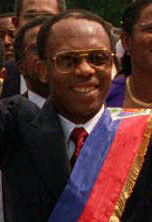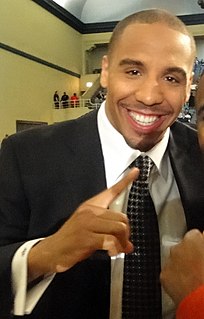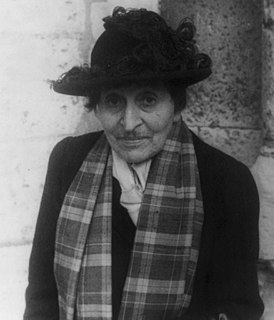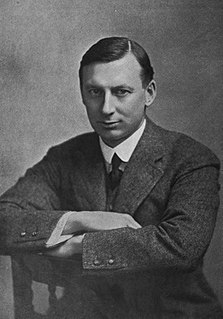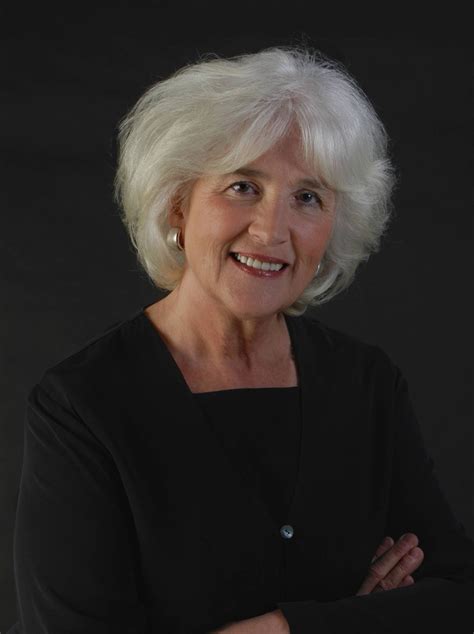A Quote by Jean-Bertrand Aristide
Related Quotes
It is truly difficult to make a democracy. Democracy, like arty dream, is not made with spiritual words but with reflection and practice. It is not what I say that says I am a democrat, that I am not racist or machista but what I do. What I say must not be contradicted by what I do. It is what I do that bespeaks my faithfulness or not to what I say.
The moral case is, people say, "Oh they're not ready for democracy," but that's something someone who lives in a democracy would say about someone who doesn't live in a democracy. Well, if democracy is the highest form of human potential, then it can't be true for us and not for them. But, the practical case is democracies don't invade their neighbors. Democracies don't traffic in child soldiers. Democracies don't harbor terrorists as a state policy. So there's a reason to have more democratic states.
I am utterly opposed to all equivocation or obscure expressions in our public acts. We are bound to say plainly what we mean to say. If we mean negotiation and compromise, let us say it distinctly and plainly instead of sending to the President a resolution on which he may put whatever interpretation he pleases.
